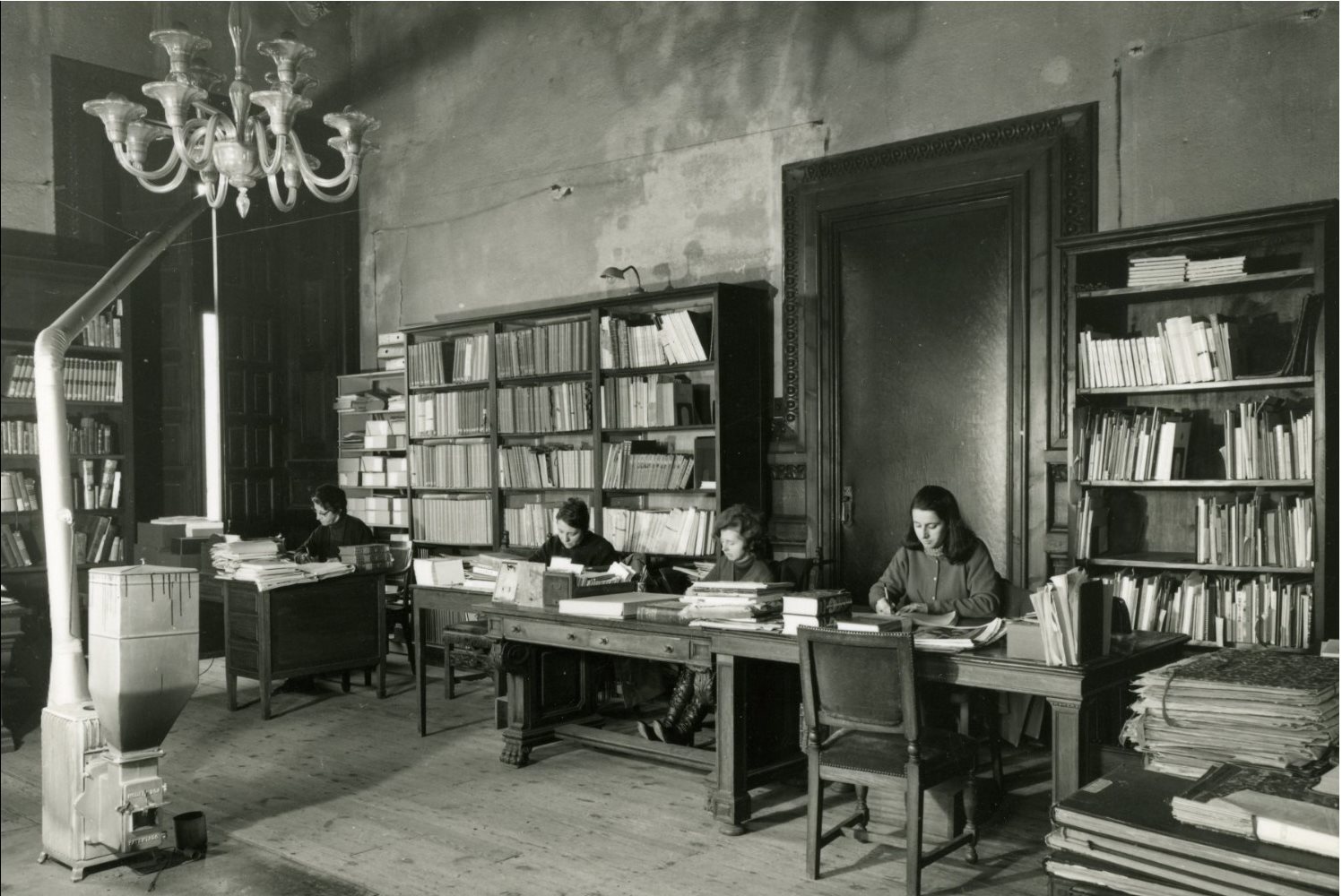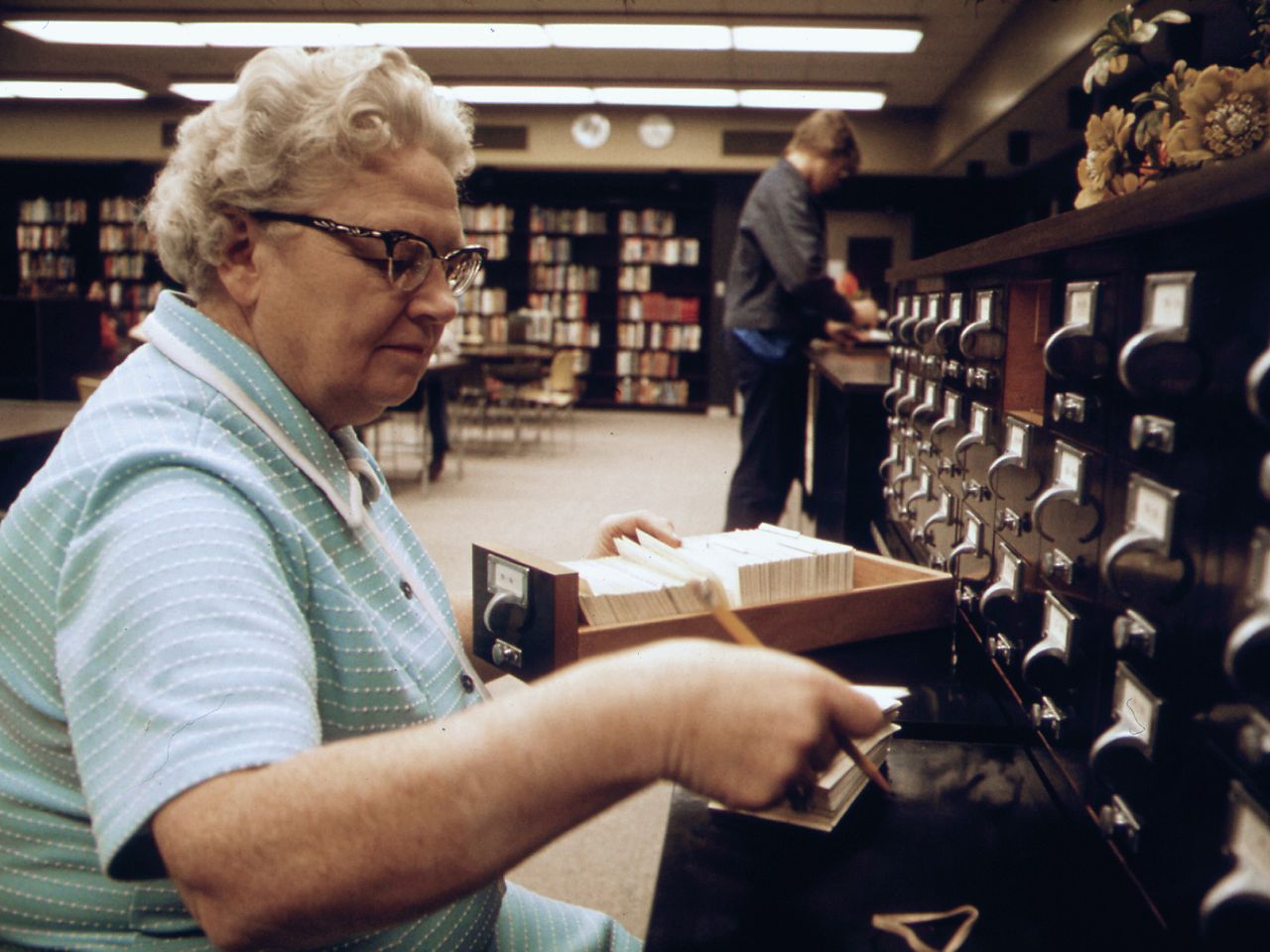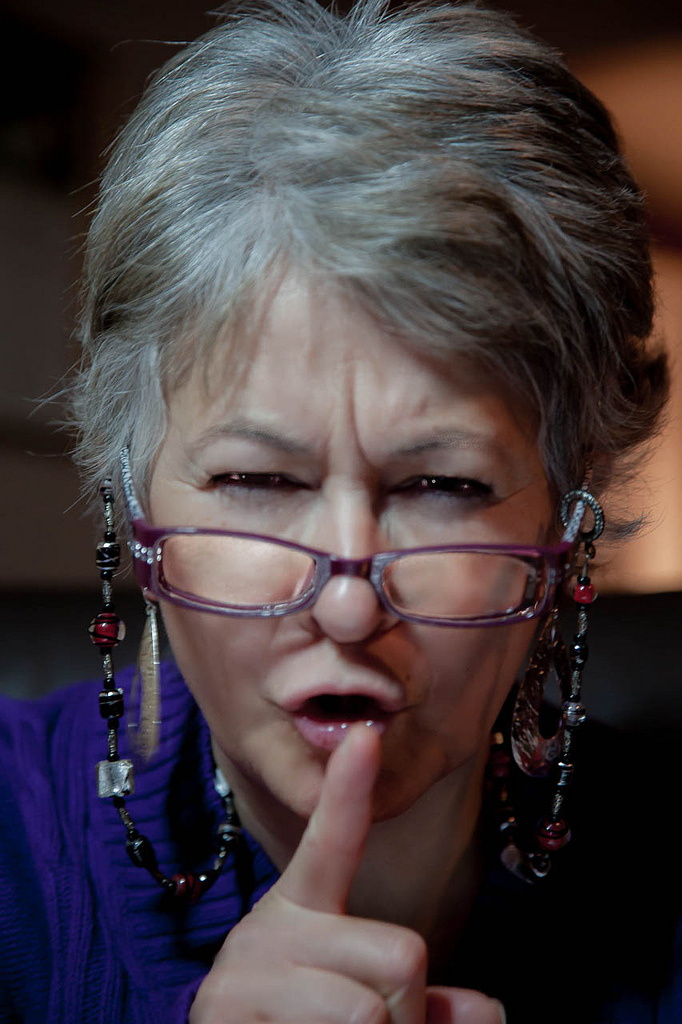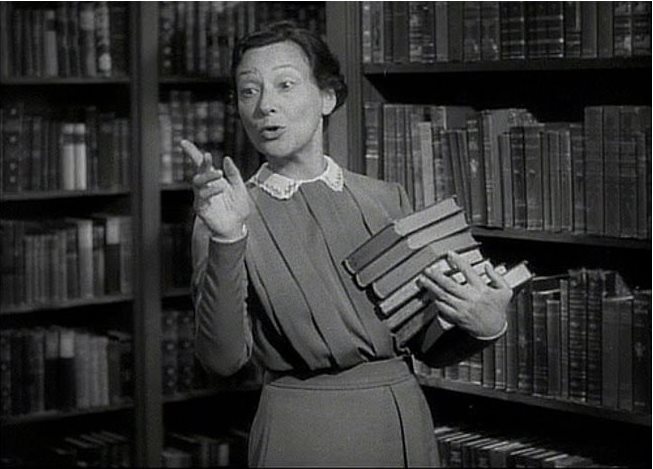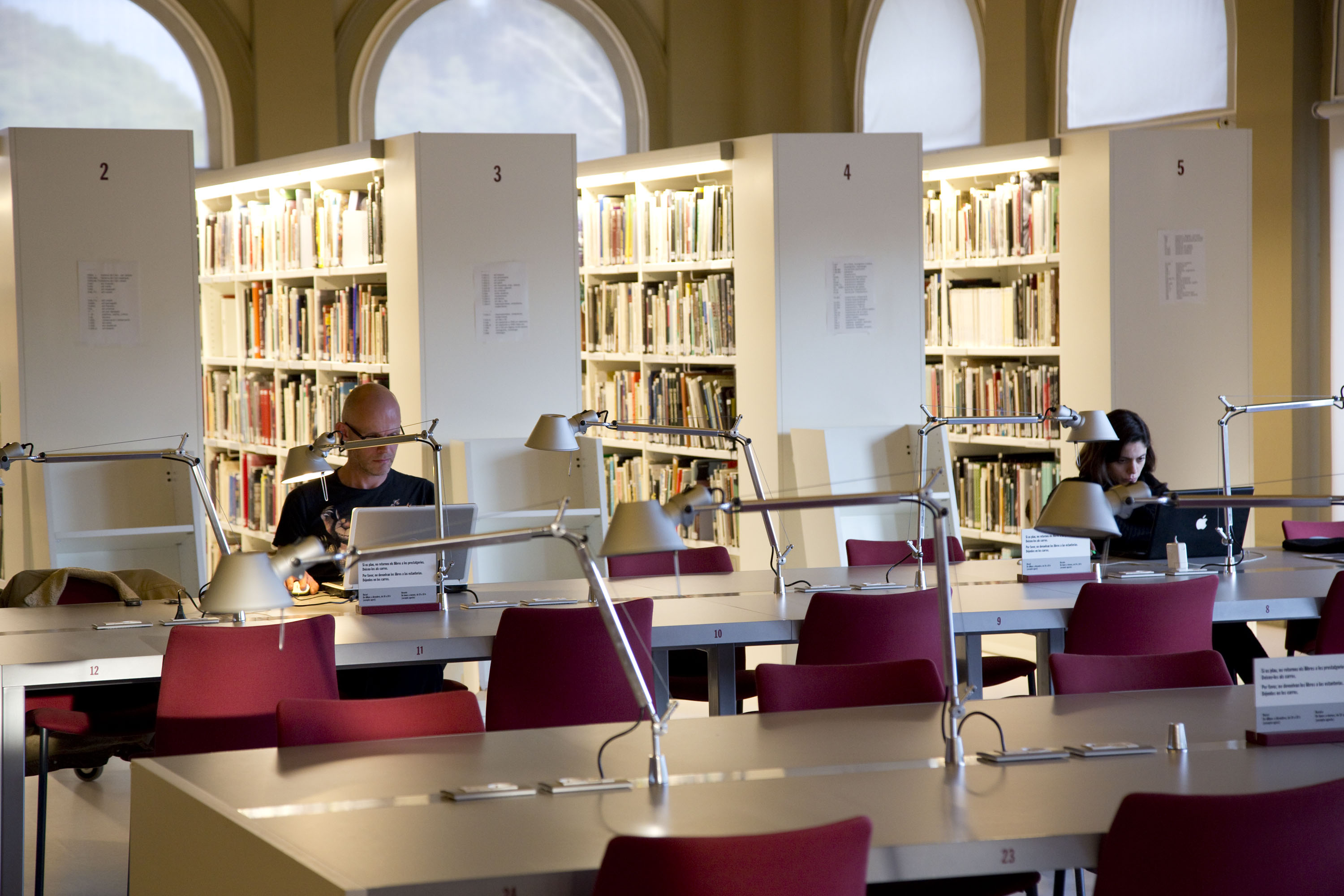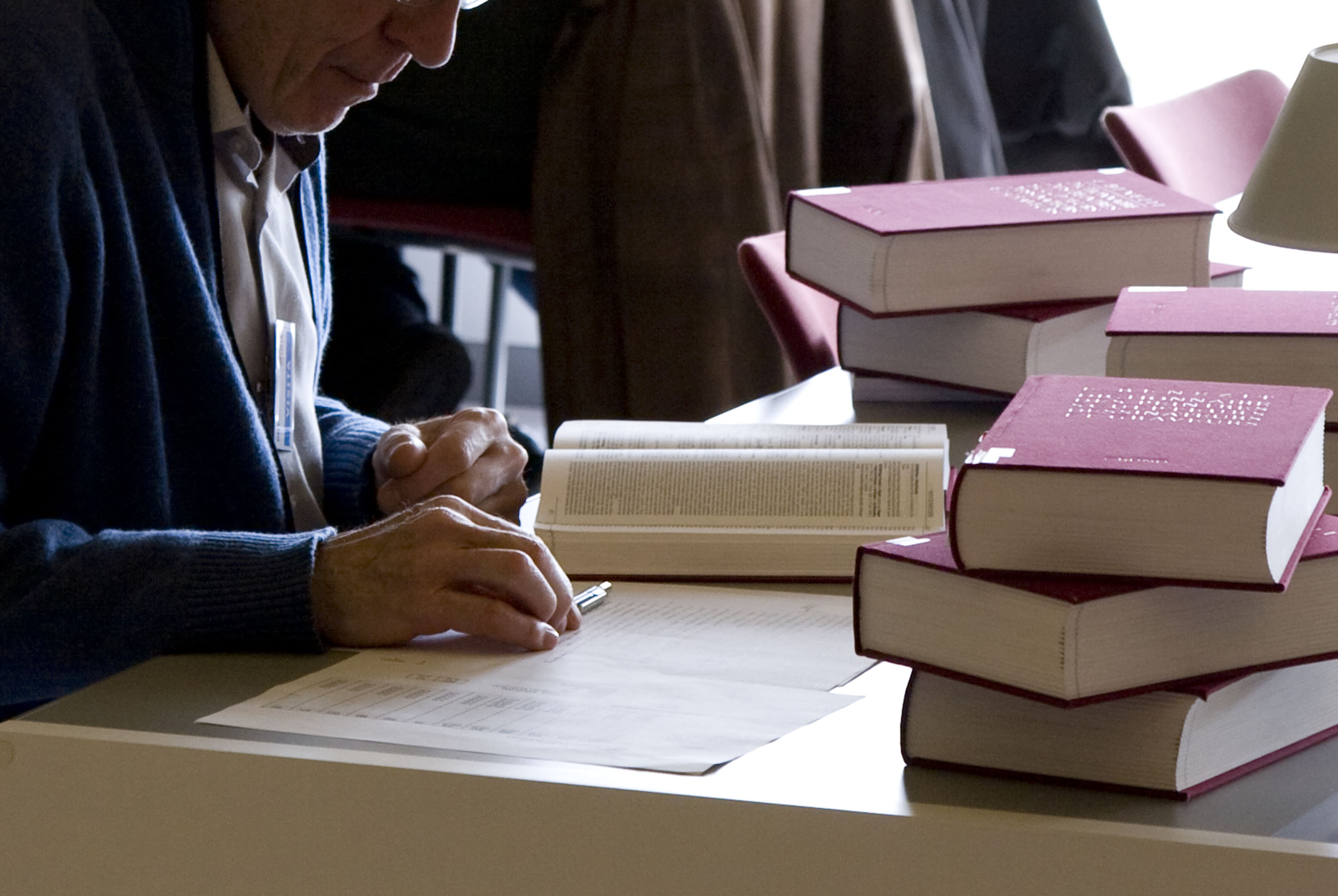Carme Fenoll
Museums and libraries share many things: we are in a process of change (well, the libraries are surely more advanced), we aim to place the users at the centre, we are questioning historical certainties, we are shaking up the structures, and we are opening ourselves up to the society. We have invited Carme Fenoll to share her ideas for shaking things up.
“I would like to mention three painters who have a certain duration ensured: Ramon Casas, Isidre Nonell and Joaquim Sunyer”, Josep Pla, To be under all possible illusions.
A few weeks ago I was invited to the 3rd Meeting of ‘Peccata minuta’, which consists of monthly meetings in which different cultural managers share failed experiences from their professional trajectory. A fresh and daring idea, much more useful, from my point of view, than certain approaches based only on best practices.
In my session, I tried to highlight some ideas taken from mistakes I had made during my trajectory as a librarian, given that this covered more than two decades. The title of the talk was clear: 20 librarian mistakes and a desperate song. I used 20 simple slides to set up a discussion about some of the topics I considered to be interesting to debate.
Rules of an uncertain duration
Of the twenty ideas explained, I would like to highlight some with an important historical connotation. Libraries are one of the cultural sectors with a commitment towards a continual adaptation to new times, a fact that has led to it being highly rated by the citizens. The transformation in recent years has been notable.
What has changed so much (or not)?: the school libraries, silent as a grave, homework in the library, filling a wish list. Not to bore readers not linked to the library sector, we could say that the professionals have put a lot of thought into rethinking these issues: the evolution of the priorities, the laxity in the rules that seemed impossible to remove (in many centres there is still the symbol prohibiting mobiles), and until a few years ago, some libraries still made the children show their hands on entering the libraries.
The prohibition of doing homework in the library or the barely active participation of the users are some examples that could lead to good professional debates and discussions. All of which, very possibly, the result of their time, and all of an uncertain duration. And with this, what I mean is that maybe we should start to systematically question many things, and incorporate new visions that allow us to make 180º or 360º shifts where necessary.
20 library-flashes
- We are colleagues, not friends _ and it’s better to have it clear from the outset when we start working
- being able is not wanting: school libraries _ when lost causes become entrenched, it’s better to dedicate your energy to other topics
- and if we shut up? sssshhhh _ look at the habits of our professionals before restricting those of the users
- we don’t do the homework _continual checking of the uses and customs of the libraries.
- fill a wish list_ or how to stop talking in professional ‘slang’
- acute meeting-mania_ less is more
- the good boss_ good professional habits which are learnt over time: coherence and the leader that listens
- I want to spend 8 hours with… a team that sums
- I don’t want to spend 8 hours with… it would be good for us, that with certain people of the team we don’t go on a very long journey together
- Money, the big excuse_ due to a lack of good ideas or not knowing how to develop them, we often blame the lack of economic resources
- and suddenly…meritocracy_ the goodness of working with meritocratic environments and observing the changes
- the ‘fun’ of the social networks_ start out with the tools you like and which you’re comfortable working with
- I interview, you interview me_ what you learn after listening to many candidates from interviews
- we don’t appear in the media_ look how interesting we are and yet we never manage to appear: maybe we are doing something badly?
- Thursday, pa’ella_ take care of the relations, get out of our environment and look at our task with other eyes
- associationalism_ why I see things differently from 10 years ago in matters of defending the sector
- 180º, Johnny be good_ the importance of spending days in the workplace of people who provide a service
- wonderers and non-wonders_ beyond the division between French and non-French, there’s a bigger gap: the one between wonderers and non-wonderers (Benedetti dixit)
- and the desperate song_ which I have learnt working alongside professionals from politics
In this session, I was able to share some initiatives which I would do once again but in a better directed way: to work once a month with the staff of the back office for a front line service, which I would now make compulsory. The adoption of more meritocratic initiatives that break with outdated hierarchical models and still in force in the public administrations, are some of the key issues.
One of the topics that has generated debate in the networks is that of questioning trade unionism. Without going into too much detail, the controversy has arisen between the possibility of improving and completing the ongoing training of the library professionals versus the fact of initially including different profiles in the teams of the public libraries. Personally, I think the answer is very clear, that is directly related to the key process of jobs: the systems and ways of hiring.
So, as you can see, friends of the Museu Nacional, we didn’t have time to talk much about working for the love of art.

